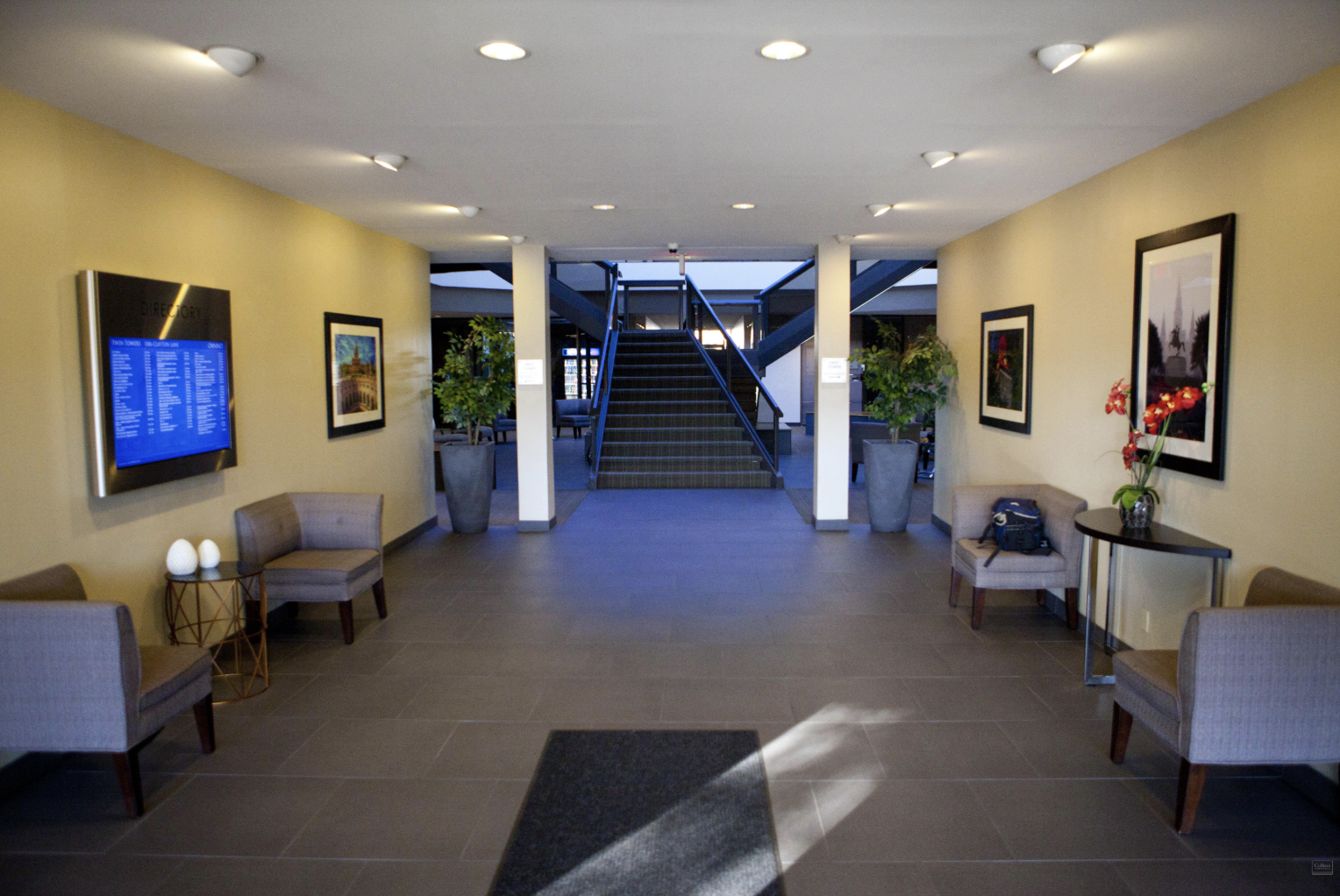our locations
Motion Media Arts Center operates programs across multiple locations throughout Austin, providing access to education, creative resources, and community engagement citywide.
THE CANOPY
916 springdale
Cinemaker (our Studio Access Program) currently operates two 1,300-square-foot studios at The Canopy—a 45,000-square-foot arts complex in East Austin that serves as a hub for creativity and collaboration.
Austin School of Film hosts select weekend workshops and evening classes on-site, providing hands-on film and media education in this vibrant, community-focused space.
For Summer 2025, Austin School of Film will expand its presence at The Canopy, hosting youth camps across three distinct studios—including The Canopy’s 3,000-square-foot event hall.
Austin School of Film currently offers evening classes at the beautifully designed Future Front House on East 12th Street in East Austin. The space is operated by Future Front Texas, a 501(c)(3) nonprofit dedicated to supporting women and LGBTQ+ creatives across Texas.
FUTURE FRONT HOUSE
1900 E 12th St
The Clayton is a 200,000 square foot building, originally built in the 1970s, now being reimagined into a hub for creative offices and businesses — including DWELL Coworking and several fellow nonprofit organizations.
In the near future, the common areas will undergo a full renovation, transforming the space even further. Austin School of Film’s new location at The Clayton features a fully equipped iMac computer lab, editing bays, analog workstation, and a flexible creative lab — all housed in a 3,200 sq ft ground-floor suite now open and operational.
the clayton
1106 CLAYTON LANE
Feel free to give us a ring with any questions—but please note, we do not accept walk-ins.
AUSTIN SCHOOL OF FILM
512-969-9716
CINEMAKER
737-315-6248
Our goal is to strip away geographic barriers by partnering with cultural organizations and property owners across Central Texas—bringing robust, community-rooted programming to where people already are. We know traveling across the city can be time-consuming and expensive, especially as Austin continues to grow and transportation remains a challenge. That’s why, instead of relying on a single, centralized location, we’re embracing a decentralized model that meets people where they live, work, and create.
This approach isn’t just practical—it reflects the new normal. Access to the arts shouldn’t be confined to one neighborhood or building. By distributing our programs across multiple spaces and communities, we’re breaking down traditional gatekeeping structures and creating a more equitable model for media arts access. It allows us to collaborate directly with local partners, activate spaces, and remain nimble in an ever-changing cultural and economic landscape.



